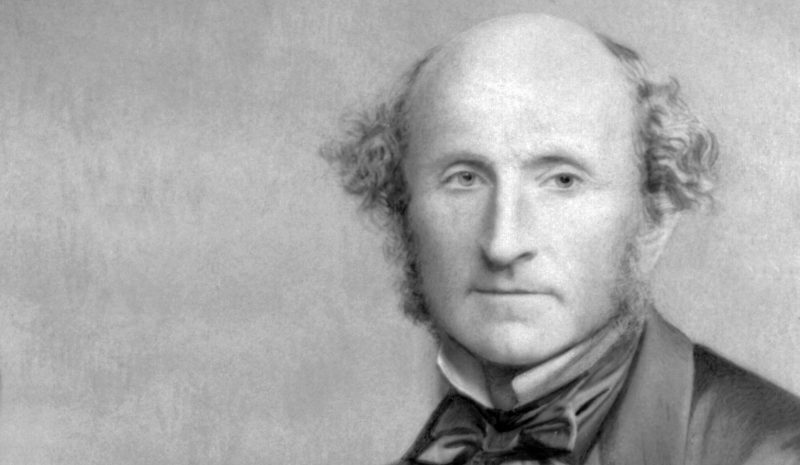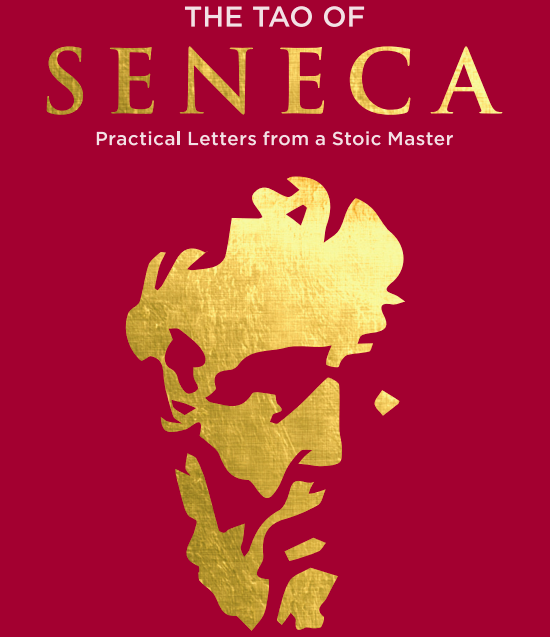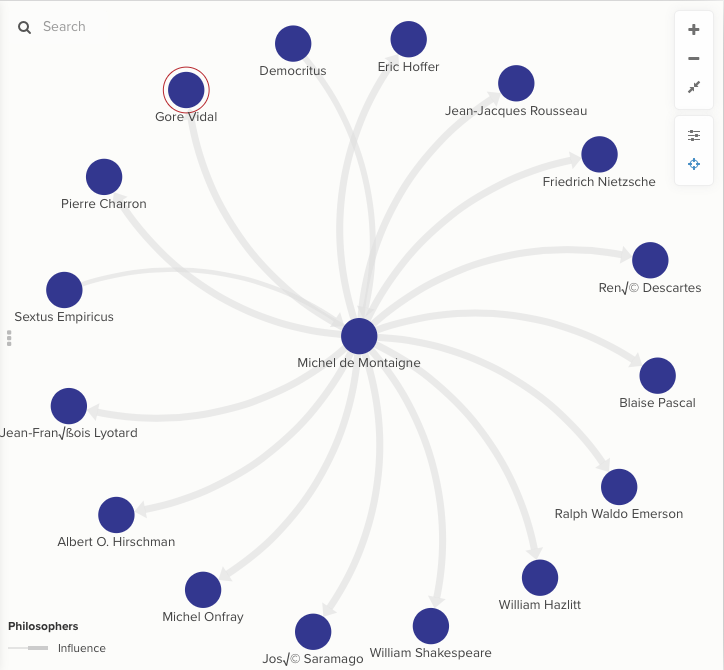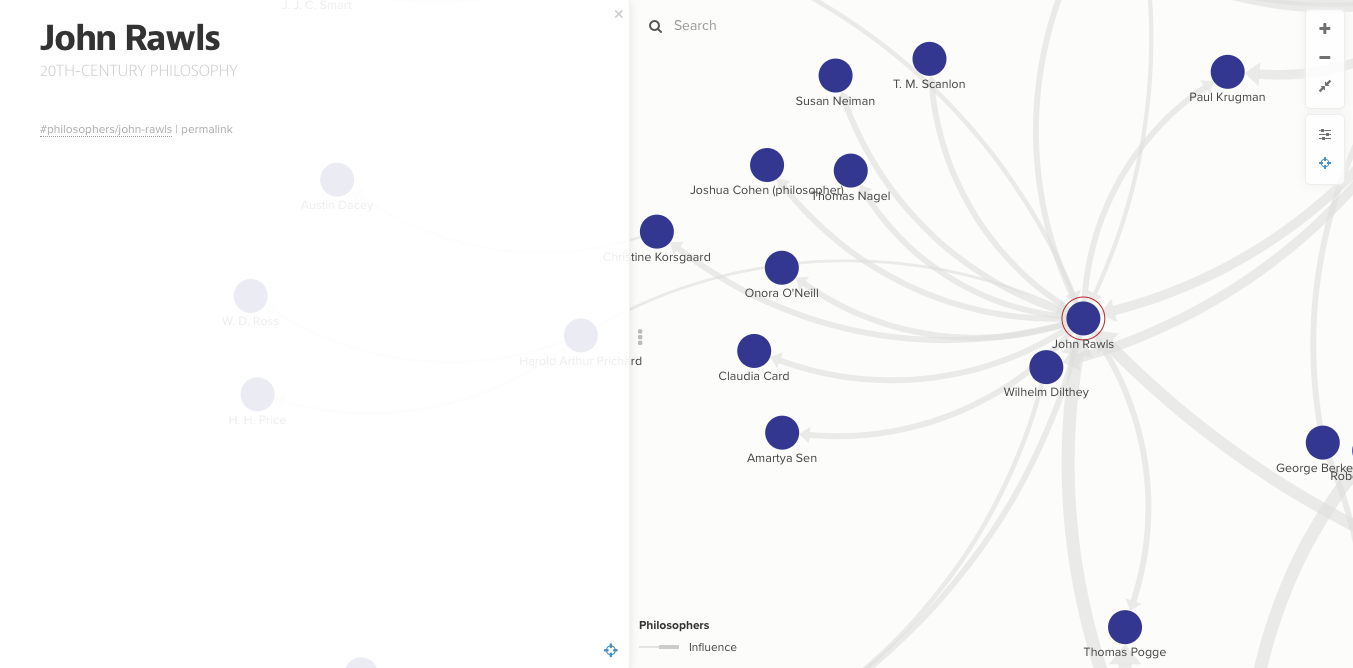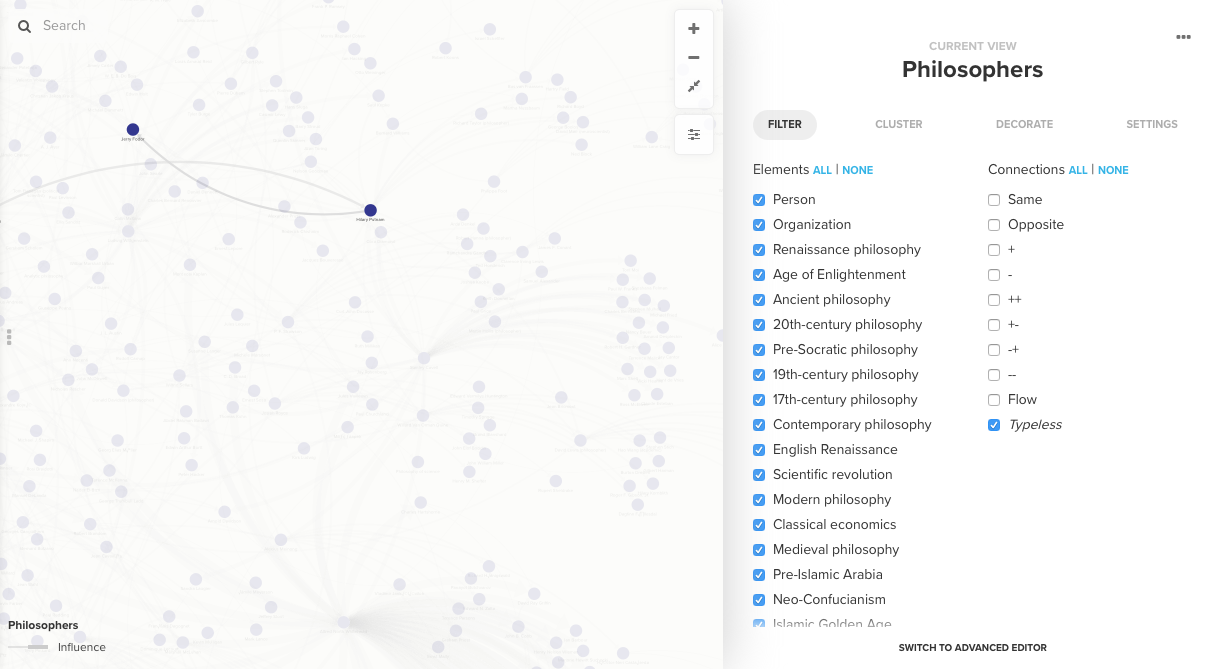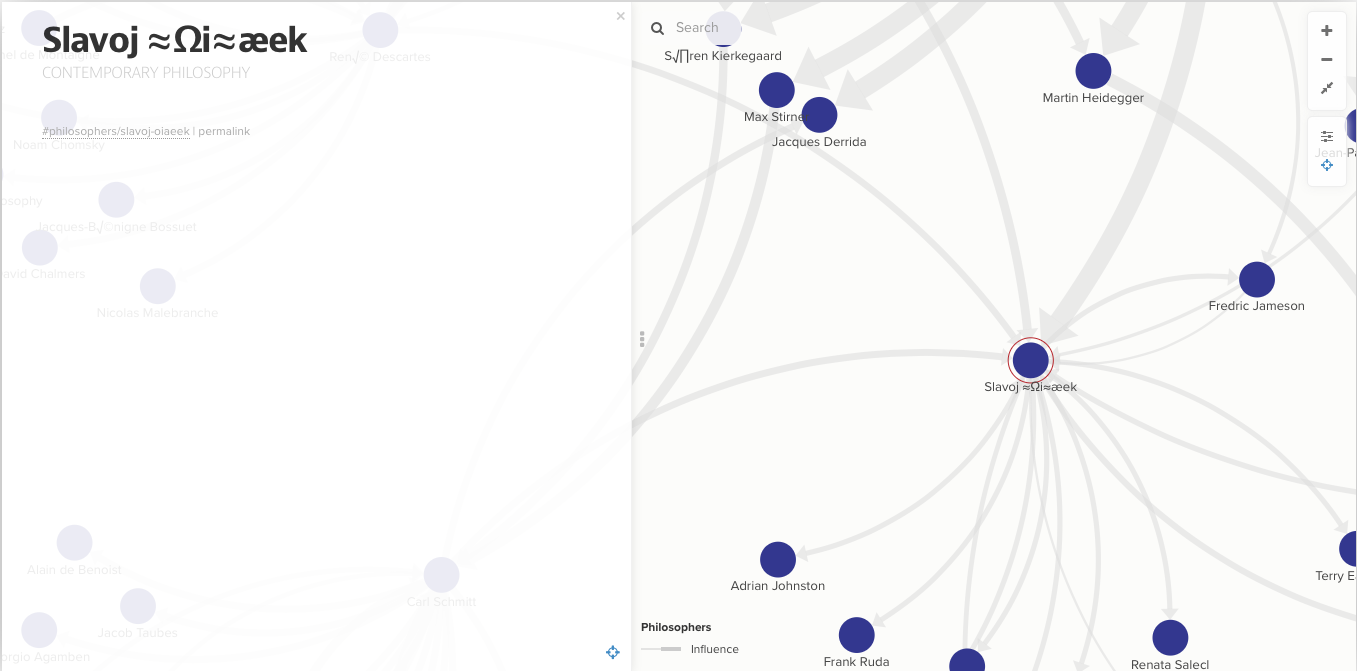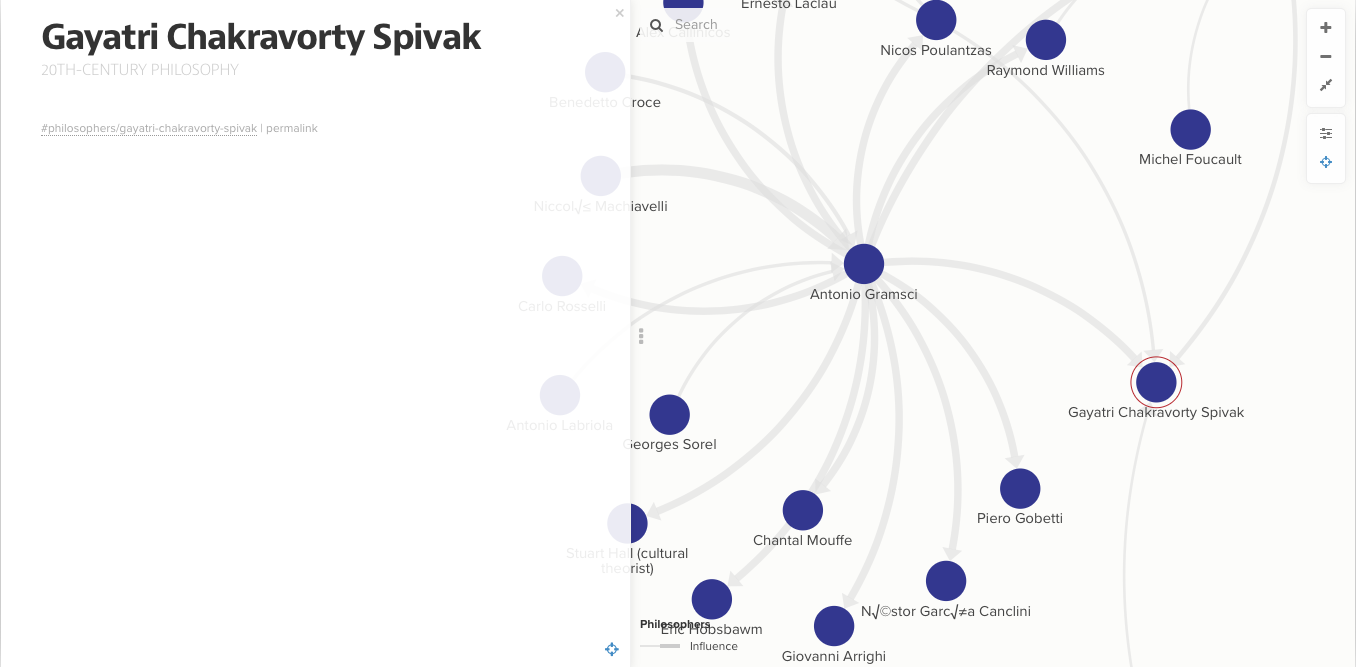Philosophy is not an idle pursuit of leisured gentlemen and tenured professors, though the life circumstances of many a philosopher might make us think otherwise. The foremost example of a privileged philosopher is Marcus Aurelius, famous expositor of Stoicism, and also, incidentally, Emperor of Rome. Yet we must also bear in mind that Epictetus, the other most famous expositor of Stoicism, whom Aurelius quotes repeatedly in his Meditations, was born a slave.
Against certain tendencies of modern thinking, we might hazard to believe that both men shared enough common human experience to arrive at some universal principles fully applicable to everyday life. Stoicism, after all, is nothing if not practical. Consider, for example, the emperor’s advice below—how challenging it might be for anyone, and how beneficial, not only for the individual, but—as Aurelius makes plain—for everyone.
Begin the morning by saying to yourself, I shall meet with the busybody, the ungrateful, arrogant, deceitful, envious, unsocial. All these things happen to them by reason of their ignorance of what is good and evil. But I who have seen the nature of the good that it is beautiful, and of the bad that it is ugly, and the nature of him who does wrong, that it is akin to mine, not only of the same blood or seed, but that it participates in the same intelligence and the same portion of divinity, I can neither be harmed by any of them, nor no one can fix on me what is ugly, nor can I be angry with my brother, nor hate him. For we are made for cooperation, like feet, like hands, like eyelids, like the rows of the upper and lower teeth. To act against one another then is contrary to nature; and it is acting against one another to be vexed and to turn away.
Yes, a passage that might have come from the speeches of Gandhi, the Dalai Lama, or Martin Luther King, Jr. also belongs to the philosophical traditions of ancient Rome, though in the mouth of an emperor it may not sound to us as compellingly radical.
Nowadays, several million more people have access to books, literacy, and leisure than in Marcus Aurelius’ era (and one wonders where even an emperor found the time), though few of us, it’s true, have access to a nobleman’s education. While currently under threat, the internet still provides us with a wealth of free content—and many of us are much better positioned than Epictetus was to educate ourselves about philosophical traditions, schools, and ways of thinking.
We can learn about the Stoics, for example—or get the gist, and hopefully a taste for more—with Alain de Botton’s video appetizer at the top, just one of 35 short animated videos on the philosophy YouTube channel of his School of Life.
We can cruise through a summary of Aristotle’s views on “flourishing” in the video above, narrated by the always-affable Stephen Fry as part of the BBC’s “History of Ideas” series, currently up to 48 uniquely animated videos featuring other smart-sounding celebrity narrators like Harry Shearer and Gillian Anderson.
The Macat series of philosophy explainer videos (136 in total) may lack celebrity cred, but it makes up for it with some very thorough short summaries of important works in philosophy—as well as sociology, psychology, history, politics, economics, and literature. “The essential purpose of politics is freedom,” Hannah Arendt wrote in her 1958 The Human Condition, we learn above, a work of hers that is not focused on mass murder and totalitarianism. Arendt had much more to say, and in this book, she relies on a classical distinction well known to the Greeks and Romans and all who came after them: the contrast between two kinds of life—the vita activa and vita contemplativa.
While philosophy may have become much more accessible, it has also become less “open access”—in the sense of being a public affair, taking place in city squares and actively encouraged by statesmen and ordinary loiterers alike. For all its possibilities—and we hope they can remain—the internet has never been able to recreate the Athenian ideal of the philosophical public square, if such a thing ever really existed. But projects like Wireless Philosophy—sponsored by Yale, MIT, Duke, and other elite institutions—have sought for years to introduce people from every walk of life to the kinds of ideas that Athenians supposedly threw around like frisbees in their spare time, including Plato’s notion (via his mouthpiece, Socrates) of “the good life,” which University of New Orleans professor Chris Surprenent, summarizes above. See all of Wireless Philosophy’s 130 animations here.
The material is out there. We’ve highlighted 350 philosophical animations above, and also separately gathered 200+ Free Online Philosophy Courses. And, if you’re reading this, it’s a good bet you’ve probably got a little time to spare. If it’s an old-fashioned sales pitch you need to get going, consider that for just pennies, er, minutes a day, you can become more knowledgeable about ancient Greek and Roman thought, Kantian ethics, 20th century Critical Theory, Nietzsche, critical thinking skills, Scholastic theological thought, Buddhism, Wittgenstein, Sartre, etc., etc, etc., etc. That said, however, acquiring the concentration, discipline, and will to do your own thinking about what you’ve learned, and to apply it, has never been so free and easy to come by for anyone at any time in history.
Related Content:
48 Animated Videos Explain the History of Ideas: From Aristotle to Sartre
Josh Jones is a writer and musician based in Durham, NC. Follow him at @jdmagness

